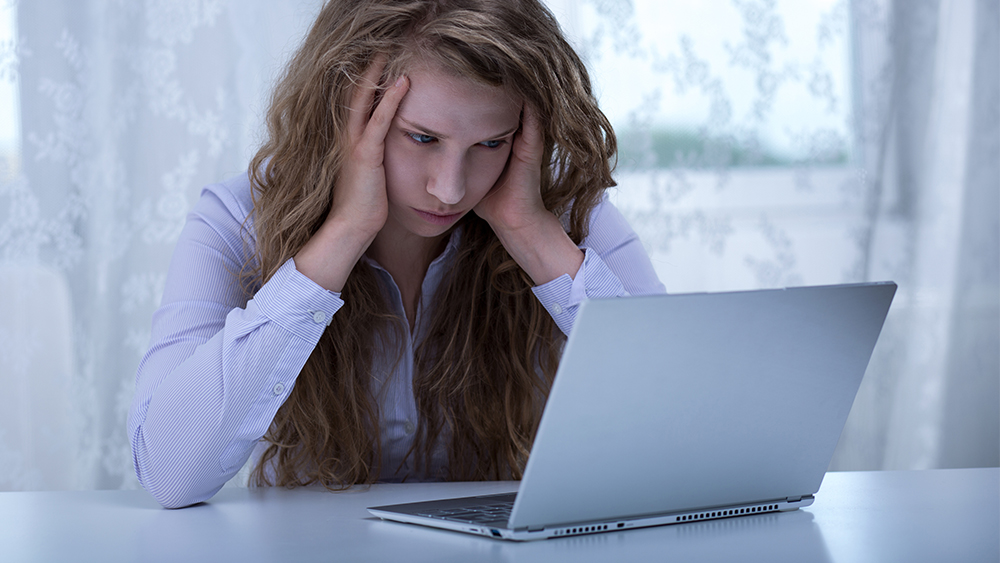Facebook Can Make You Depressed

| Overview | Many addictions begin with the quest for attention, but they don’t address the real problem and can make you depressed. |
Addictions are surely as old as humanity itself. Many of them begin with feelings of loneliness or helplessness. These feelings, then, sometimes drive one to seek solace in alcohol, drugs, illicit relationships, or “innocuous” chocolate. Our contemporary society is filled with people who are also seeking solace in social media: Facebook, Snapchat, etc.
People feel bored or lonely and they post an update on their Facebook page. It is a cry for attention to all their Facebook friends. These “friends” then “like” the post, maybe even write a comment, and that feedback lets them know that their “friends” are paying attention to them. They are not “lonely” after all. So, the next time they feel lonely or bored, their connection to Facebook has already been reinforced so they do it again, to “feel a feeling of feeling good.”
In The Craving Mind: From Cigarettes to Smartphones to Love—Why We Get Hooked and How We Can Break Bad Habits, Judson Brewer discusses this addiction to technology that our society is developing. In 2012, Zach Lee and others did a study on people who get hooked on Facebook, and their study concluded that “a preference for online social interaction correlated with deficient mood regulation and negative outcomes such as a diminished sense of self-worth and increased social withdrawal.”[1]
According to this study, social interaction online leads to increased social withdrawal! Why? Because like any addiction, it takes more interaction to reach the next high. Additionally, Facebook or other social websites do not fix the underlying problem, but it can have the exact opposite effect on some people. Mai-Ly Steers published a study, “Seeing Everyone Else’s Highlight Reels: How Facebook Usage is Linked to Depressive Symptoms.”[2] It is not hard to guess why this is the case. I don’t look as good as many of my friends. I don’t do things as exciting as my friends. I don’t…as my friends. That is depressing.
The immediate solution is two-fold: (1) Limit the amount of time that you spend on social media. (2) Realize that social media is not reality. People post what they want others to read and see; it is like air-brushed models. It is not reality.
The longer-term solution to the problem of loneliness and boredom is social interaction in real time with real people. The church is a social organization even as it is a spiritual organization. A cure for loneliness can be found in social interactions in worship and fellowship activities through the church. There is a friend who sticks closer than a brother: a fellow Christian!
References
[1] Brewer, Judson (2017), The Craving Mind (New Haven, CT: Yale), p. 53, emphasis in original.
[2] Steers, Mai-Ly, et al. (2014), “Seeing Everyone Else’s Highlight Reels: How Facebook Usage is Linked to Depressive Symptoms,” Guilford Publications, https://www.researchgate.net/publication/267029087_Seeing_Everyone_Else's_Highlight_Reels_How_Facebook_Usage_Is_Linked_to_Depressive_Symptoms.
Copyright © 2019. Originally published in Droplets of Living Water, May 30, 2018; copyright © by Paul Holland.

